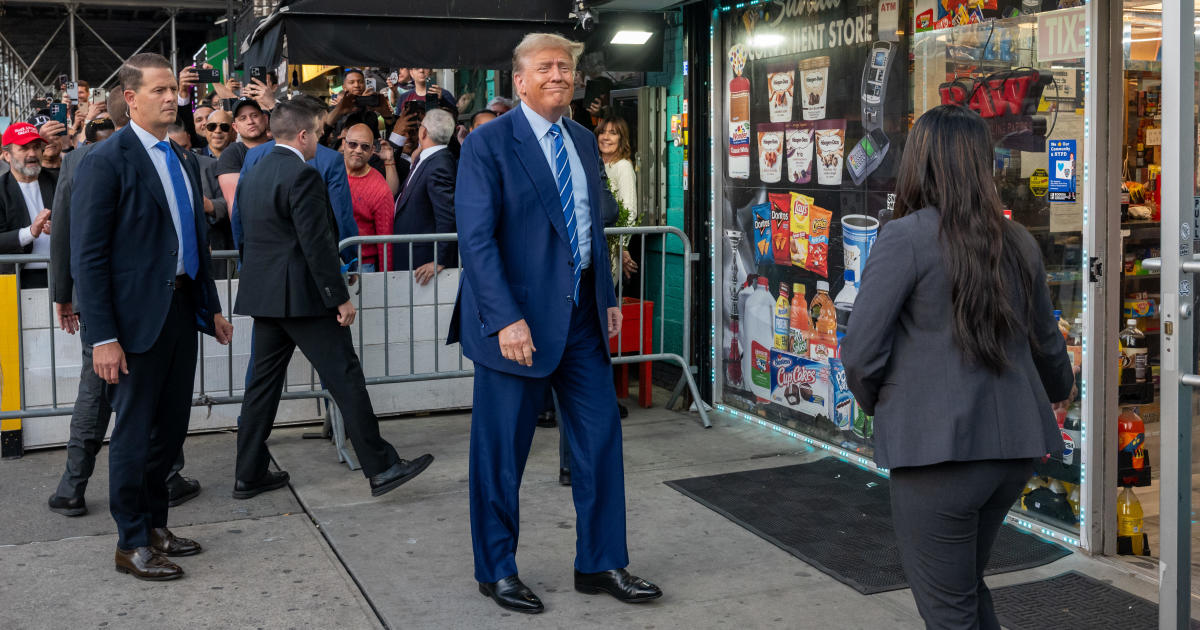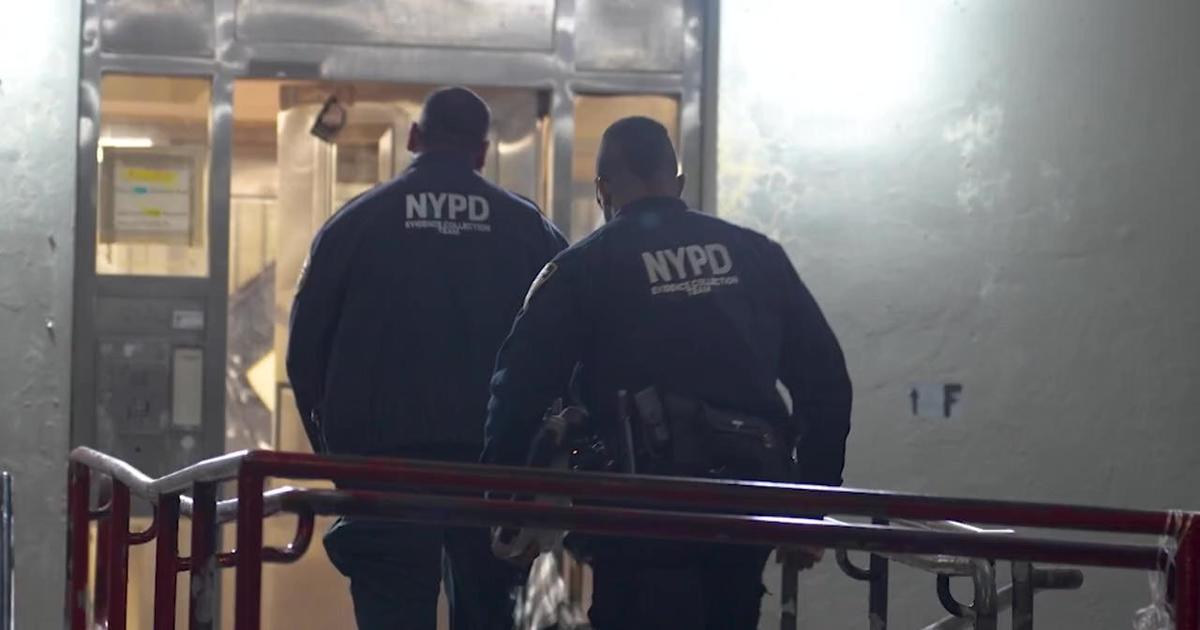Schumer: Iran Deal Should Be Given 'Time To Work;' Other Sanctions Should Be Explored
NEW YORK (CBSNewYork/CBS News) -- Senate Minority Leader Charles Schumer (D-New York) said Sunday that while he voted against the Iran nuclear deal, he does not now believe it should be done away with.
On Friday, President Donald Trump said his administration "cannot and will not" certify Iran's compliance with the nuclear agreement to Congress, as he set out his plan for dealing with the Iranian regime.
"I had a great deal of misgivings about the Iran deal and voted against it, but now we ought to give it time to work, and the worst things Iran is doing right now are not within the nuclear field, but outside it," Schumer said.
Schumer said building intercontinental ballistic missiles and funding terrorists, "particularly Hezbollah, which has huge amounts of rockets in Lebanon," were now Iran's most serious offenses.
"I think the proper compromise is to increase sanctions on Iran for those non-nuclear areas that don't violate the (Joint Comprehensive Plan of Action), such as ICBMs; such as funding, building and supplying rockets to Hezbollah and Lebanon and other places, and fomenting terrorism in Yemen," Schumer said.
Trump announced Friday that the U.S. would remain in the JCPOA with Iran, reached under President Barack Obama in 2015. But Trump he will not certify to Congress that Iran is in compliance under the Iran Nuclear Agreement Review Act (INARA) of 2015.
Instead, he's looking to Congress to revise the INARA, and to ally nations in the JCPOA to come up with a new set of restrictions on Iran to coincide with the JCPOA. The president accused Iran of not living up to the "spirit" of the original deal.
"Based on the factual record that I have put forward, I am announcing today that we cannot and will not make this certification," Trump said Friday. "We will not continue down a path whose predictable conclusion is more violence, more terror, and the very real threat of Iran's nuclear breakout. That is why I am directing my administration to work closely with Congress and our allies to address the deal's many serious flaws so that the Iranian regime can never threaten the world with nuclear weapons."
That move, the administration hopes, will prompt Congress to take additional legislative action to amend INARA by adding restrictions on Iran's activities related to ballistic missiles and other threats, and include trigger points that would immediately impose sanctions if Iran violates those restrictions. Under INARA, which was passed to put additional oversight on the 2015 JCPOA, there are roughly 90 days until the next deadline for Mr. Trump to certify Iran's compliance to Congress.
Trump said key members of Congress are already working to amend the law, and consider eliminating sunset provisions on restrictions on Iran's nuclear program.
"What is the purpose of a deal that at best only delays Iran's nuclear capability for a short period of time?" Trump said Friday. "This, as president of the United States, is unacceptable."
The president's approach will also encourage other allies in the JCPOA to reach an agreement that would work in tandem with the JCPOA, instead of renegotiating or nixing the Iran deal as it stands.
But, if Congress and ally nations cannot reach an agreement, the Iran deal "will be terminated," Mr. Trump said, meaning the U.S. would back out of the deal.
The administration hopes it will be easier to negotiate a better deal by staying in the current JCPOA.
On Saturday, Iranian President Hassan Rouhani said that the country will remain in the 2015 nuclear deal along with the European Union, Russia and China, despite President Trump's decision to decertify Iran's compliance.
Zarif spent two years working to bring the deal to fruition, but wouldn't admit that he was disappointed by Trump's announcement. He insisted it was still a triumph of diplomacy because all the deal's other signatories are standing solidly with Iran. As far as they're concerned, the deal is going ahead.
However, he was categorical in saying that Trump's move to decertify the deal will undermine U.S. credibility internationally.
"Nobody else will trust any U.S. administration to engage in any long-term negotiation because the length of any commitment, the duration of any commitment from now on with any U.S. administration would be the remainder of the term of that president," Zarif said.



